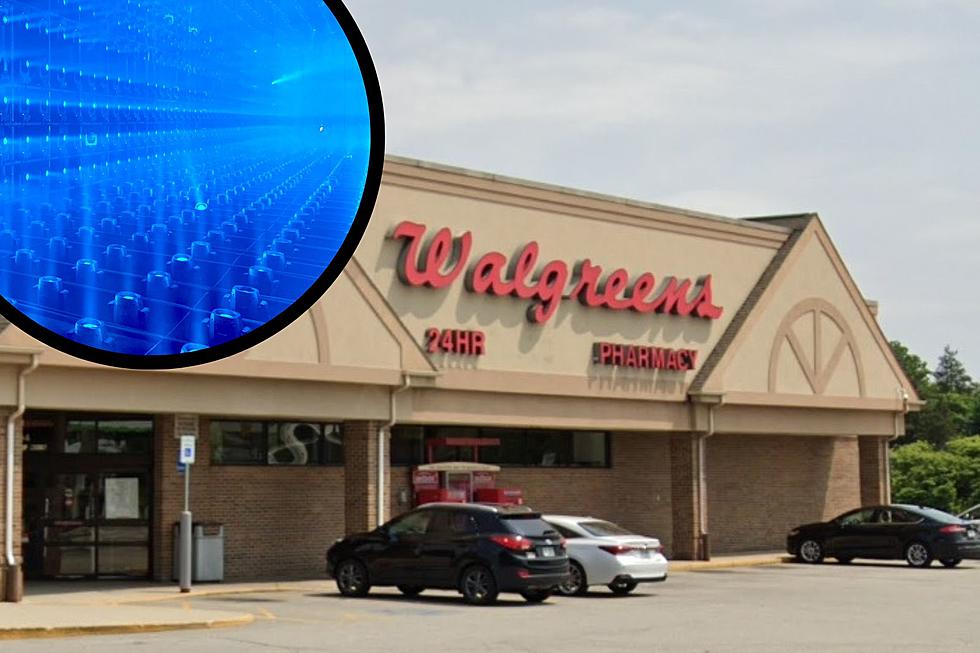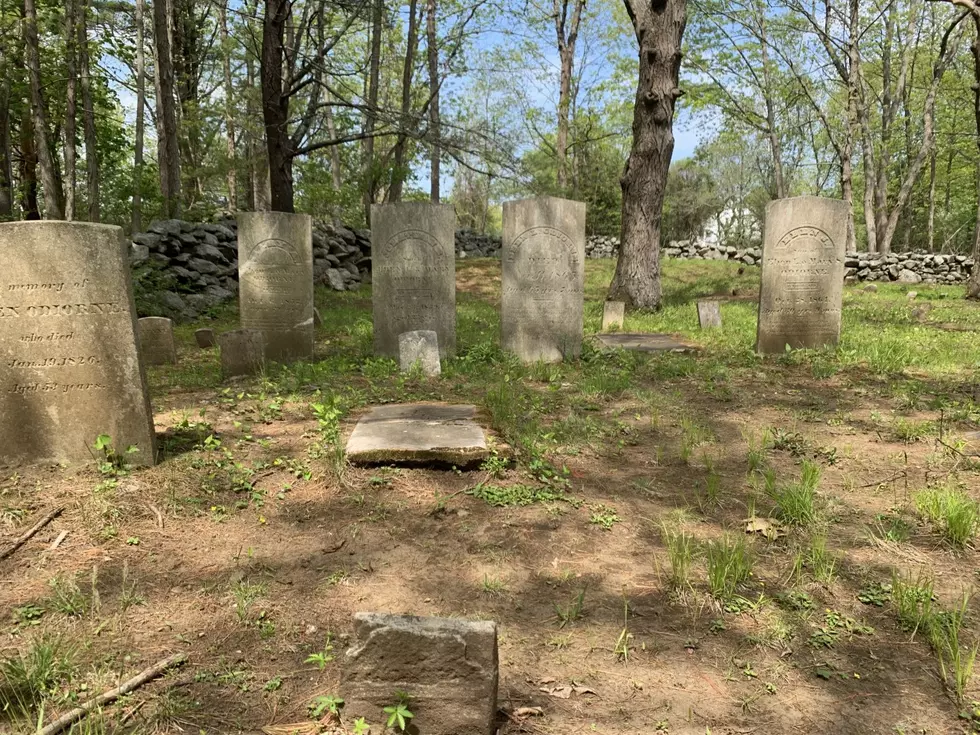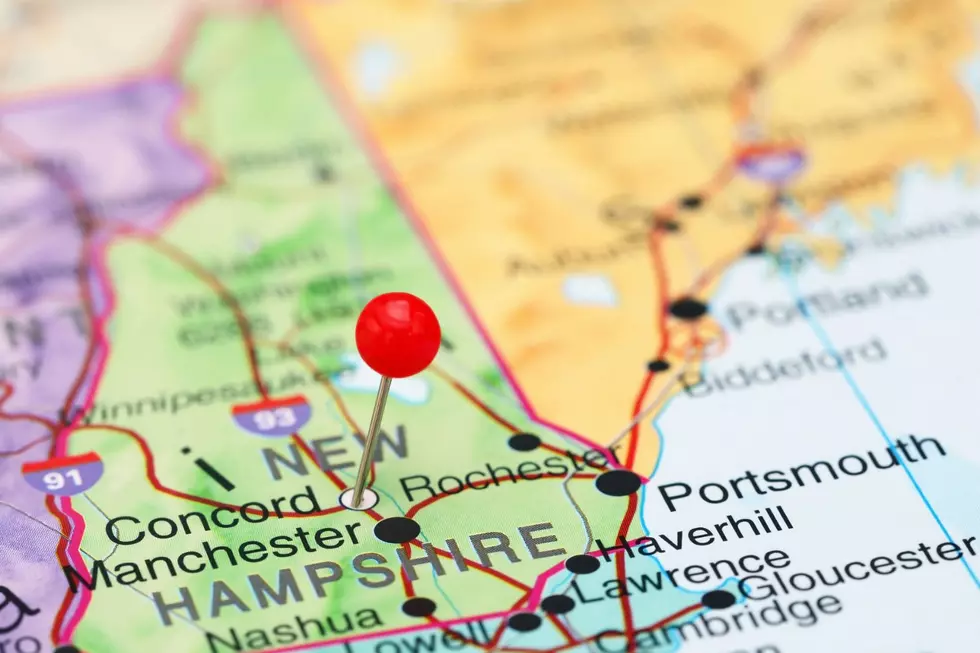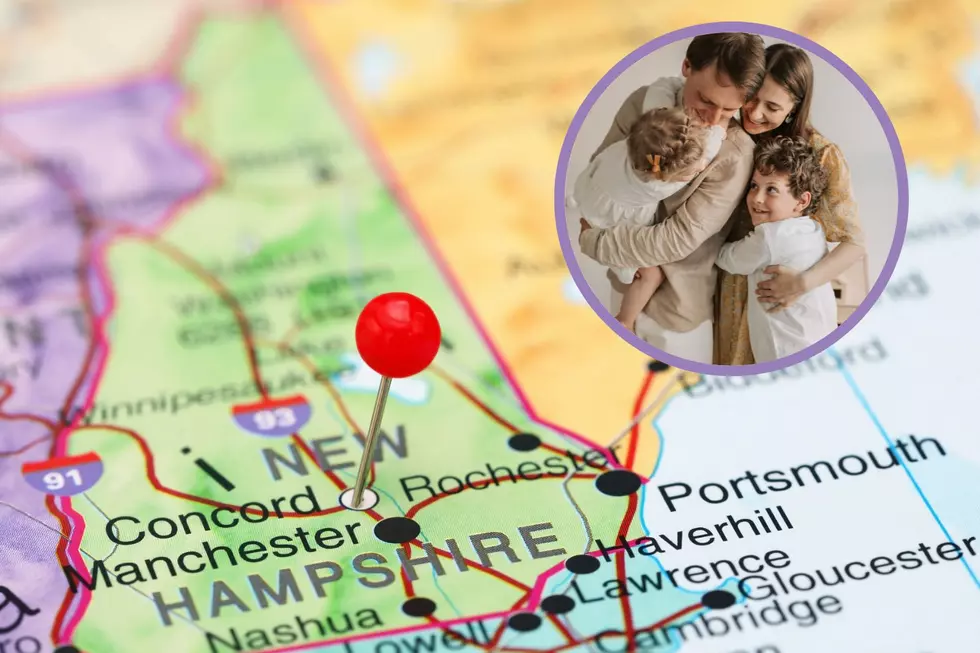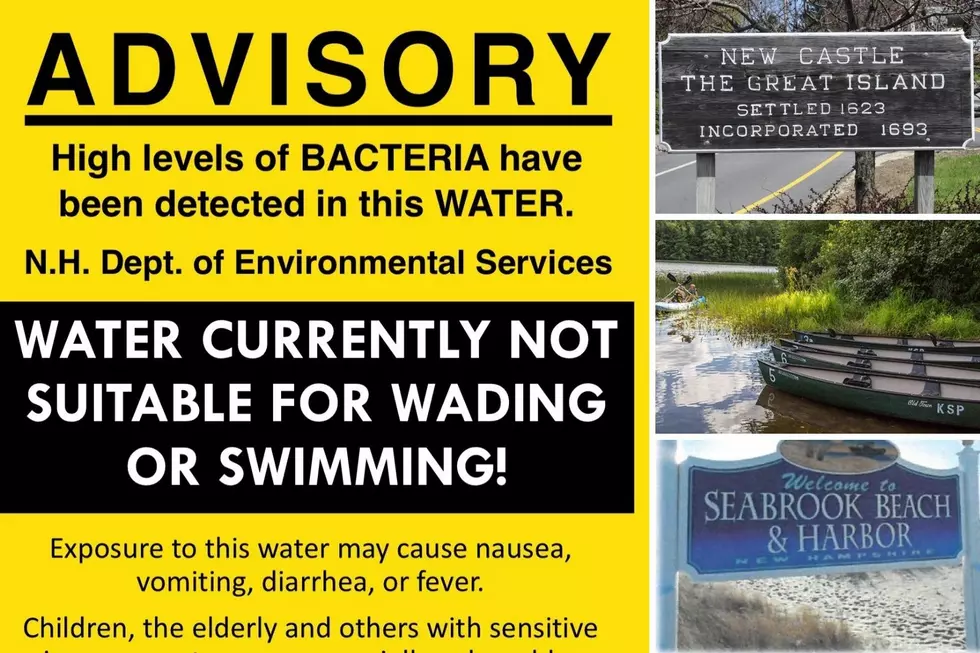
Three NH Seacoast Beaches Under Advisory for High Levels of Bacteria
Several Seacoast region beaches are under advisories Saturday for high levels of fecal bacteria in the water.
Samples taken by the New Hampshire Department of Environmental Services at the New Castle town beach, the beach at Kingston State Park, and Seabrook Harbor beach all came back with results that exceeded the state standard for fecal bacteria.
A resampling is scheduled for Monday in Kingston and New Castle. Seabrook was resampled on Friday with a new result scheduled to be posted on Saturday.
Three to five water samples are collected at each visit. If a sample comes back with fecal bacteria levels above the state standard of 104 counts/100mL for Enterococci bacteria, a beach advisory is issued.
The advisory does not close any of the beaches. The state did not speculate on the origin of the bacteria.
Where is the Bacteria Coming From?
The EPA said possible sources of fecal bacteria include leaking septic systems, stormwater runoff, sewage discharged or dumped from recreational boats, domestic animal and wildlife waste, improper land application of manure or sewage, and runoff from manure storage areas, pastures, rangelands, and feedlots.
There are also natural, non-fecal sources of fecal indicator bacteria, including plants, sand, soil, and sediments, that contribute to a certain background level in ambient waters and vary based on local environmental and meteorological conditions.
It's the third time this season that the beach in New Castle was placed under an advisory for fecal bacteria. The beach was under advisory four times in 2021 and three in 2020, according to the DES website.
The website shows that Kingston State Park was under an advisory in June and once in 2017 and 2019, while Seabrook is under its first advisory since 2018.
Contact reporter Dan Alexander at Dan.Alexander@townsquaremedia.com or via Twitter @DanAlexanderNH
Trending Stories for Seacoast Current (June 27-July 3, 2022)
More From Seacoast Current

